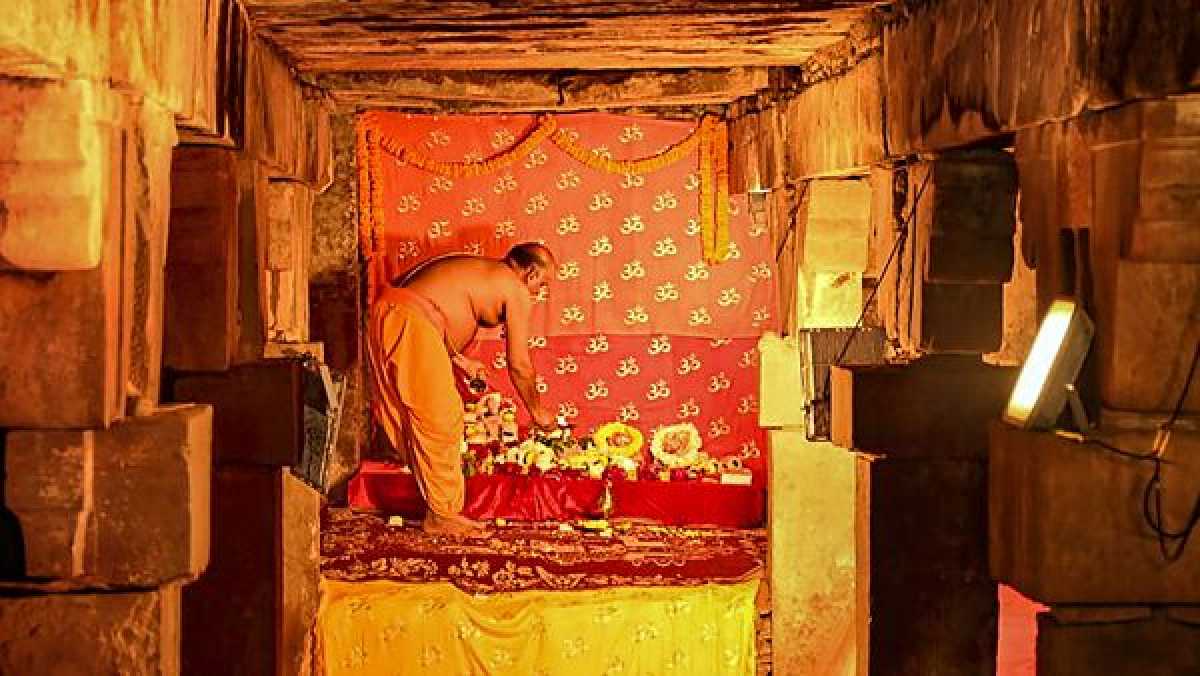News
Masjid Committee Challenges Court Order Allowing Hindus to Perform Puja in Gyanvapi Mosque

The Gyanvapi Masjid Committee has moved the Allahabad High Court to challenge the Varanasi district court‘s recent order. The court had allowed Hindus to perform puja in the ‘Vyas Tehkana’ or southern cellar of the Gyanvapi Mosque, according to Livelaw. The Muslim committee claims that certain factors were overlooked in the order and will approach the high court for resolution.
Lawyers representing the Anjuman Intezamia Masjid Committee have also attempted to secure an urgent hearing from the Supreme Court registrar. However, they were informed that they should approach the Allahabad High Court first.
The Muslim side argues that there was no need for the administration to rush the task, given that the trial court order had granted one week for necessary arrangements. They suspect collusion between the administration and the plaintiffs, aiming to prevent the Mosque Managing Committee from challenging the order.
The Varanasi district court had allowed Hindu devotees to perform prayers in the ‘Vyas Tehkana’ area of the Gyanvapi mosque complex, a judgment celebrated by the Hindu community. The court has asked the district administration to make the necessary arrangements within seven days.
On the same day, prayers were conducted in the southern cellar of the mosque for the first time in 31 years. The Gyanvapi mosque has four ‘tahkhanas’ or cellars, with the ‘Vyas Tahkhana’ believed to have belonged to the Vyas family.
Locals reported that after cleaning the cellar, an ‘aarti’ (a Hindu ritual) was performed in honor of Goddess Lakshmi and Lord Ganesh. Later in the evening, the Kashi-Vishwanath temple trust members removed the barricades before the Nandi statue facing the mosque’s ‘wazukhana’.
The Archaeological Survey of India (ASI) conducted a survey suggesting that the Gyanvapi mosque was built during the rule of Aurangzeb, using the remains of a Hindu temple.
Vishnu Shankar Jain, the lawyer representing the Hindu side, shared the daily aarti timings at the ‘tahkhana.’ Prayers will be offered five times a day at 3.30 am, 12 pm, 4 pm, 7 pm, and 10.30 pm.
Videos circulating on social media show members of the Hindu side pasting mandir (temple) stickers on a signboard of the Gyanvapi mosque.












